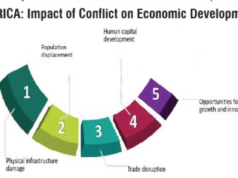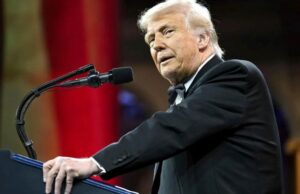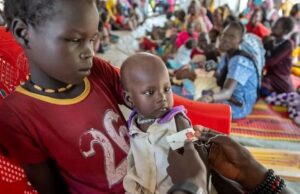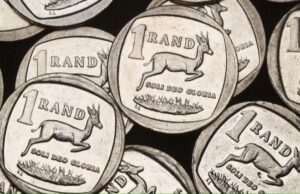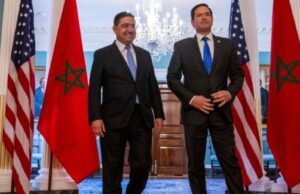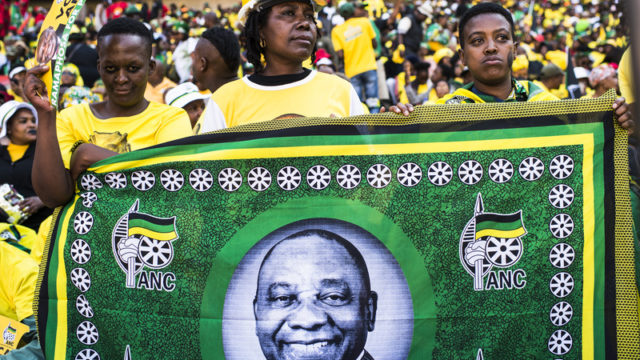
May 1-15 2019
When Nelson Mandela was inaugurated in a ceremony in Pretoria as the first President of non-apartheid Africa , he said charged with emotion, “We have triumphed in the effort to implant hope in the breasts of the millions of our people. We enter into a covenant that we shall build the society in which all South Africans, both black and white, will be able to walk tall, without any fear in their hearts, assured of their inalienable right to human dignity – a rainbow nation at peace with itself and the world.”
Twenty-five years hence, Cyril Ramaphosa is assuming the office of the president for the second term after completing the remaining period of his predecessor Jacob Zuma, who was forced to resign after a scandal ridden term. Admittedly, between the unopposed election of Nelson Mandela and now, many changes have taken place in the South African political landscape. Apart from steady erosion of vote share to the ruling party -African National Congress (ANC) – founded by Mandela- the country is caught up in many ills, prominent among them, is the hiatus between promises made and accomplishments.
To bridge the trust deficit, Cyril Ramaphosa has to walk the talk and prove his mettle as a leader who means business and not the one who plays to the gallery with empty promises. Where should he begin? In fact, he has a huge canvass to cover.
Huge racial disparities in income and wealth persist 25 years after the end of apartheid, which successive governments led by ANC promised the people to do away with. Economic growth is also faltering so also employment opportunities. It is 15 months since Ramaphosa has assumed the office after the exit of Jacob Zuma for long nine years. He tried to walk through the reform pathway but met with stiff resistance from the working class when he tried to reform the state power utility- ESKOM.
The current president may face resistance from various quarters. Jacob Zuma’s supporters will try to prick holes in the present dispensation., where unemployment stands at 27%, inflation is ruling high and the local currency –Rand- is steadily losing sheen over dollar and pound. Far-left Economic Freedom Fighters (EFF) party, whose popularity is rising, may force Ramaphosa to go slow in the reform front. They may force him to halt the unbundling of the power utilities and shun disinvestment. Depreciating Rand, external debt and unabated inflation may act as spoilers in taking the reform process to its logical end.
The silver lining for Ramaphosa is that he managed to get 57.5% of the total parliamentary votes polled, an improvement on its showing in 2016 local elections. That means he will not have any serious challenger to the post of president and hold on to the job for a good length of time. That means he need not have to put the reform process in the backburner. Perhaps, that may be his only path to success to hold the bull by the horn.





